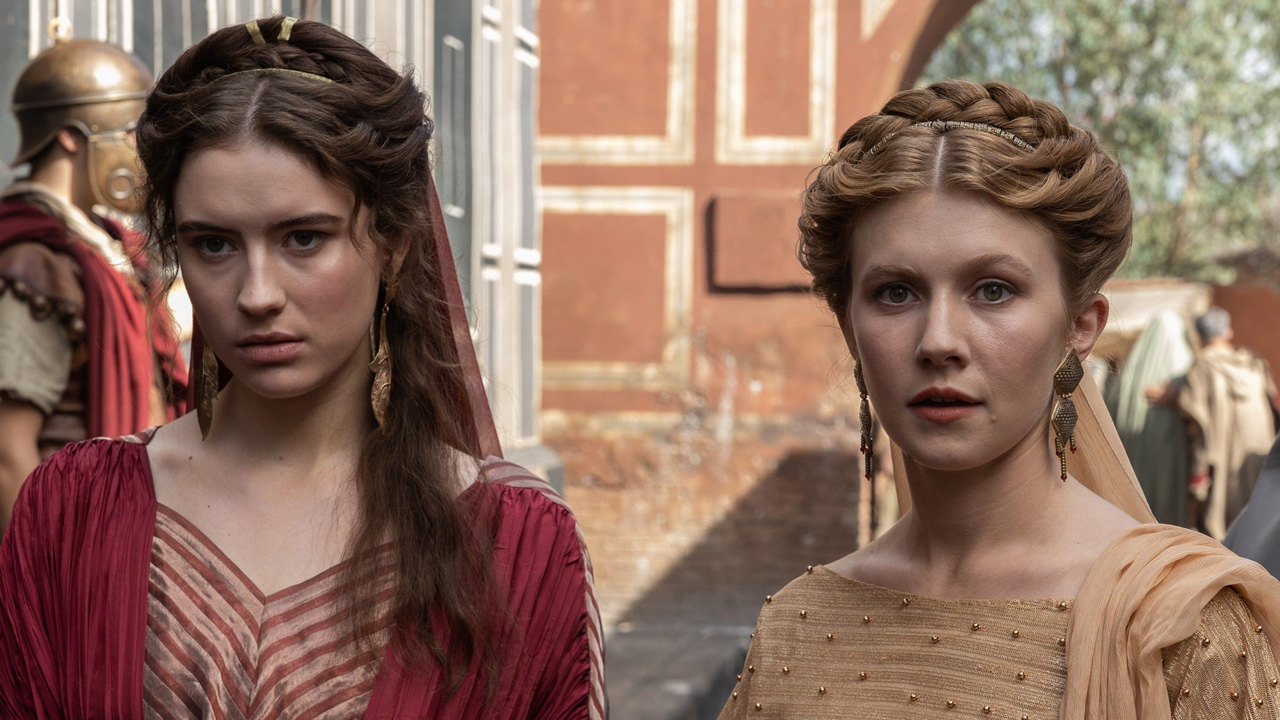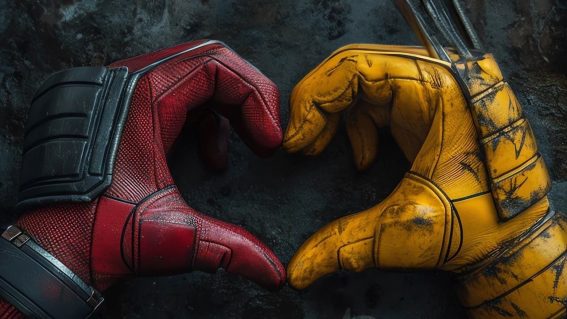Domina is a smart, modern, female-focused look at Ancient Rome

We’re all drowning in content—so it’s time to highlight the best. In her column, published every Friday, critic Clarisse Loughrey recommends a new show to watch. This week: the second season of Ancient Rome series Domina.
At one point during the second season of Domina, television’s latest attempt to sex up the already fairly sexual Roman Empire, a character leans in and determinedly whispers the words: “Well, the Republic sucked.” So, cast aside any hope of historical accuracy—this is Gossip Girl if you swapped out the BlackBerries for wax tablets. It’s ridiculous on a subatomic level.
And, yet, I’m oddly glad it exists. Someone has to keep the torch burning for the classic world on film, now that we’re in an era where one of Hollywood’s oldest and most profitable genres has been practically snuffed out by superheroes and toy franchises. Domina, a collaboration between Sky Italia and Sky Studios, was shot at the Cinecittà Studios in Rome, which hosted, alongside numerous famous local and international productions, both 1959’s Ben-Hur and 1963’s Cleopatra.
It doesn’t carry on that legacy (what a blasphemous idea), but it should still be remembered as part of its history. It’d be naive, for example, to assume that the old, decadent spectacle of the sword-and-sandal epic—where pagan excess could titillate audiences while simultaneously being chastised by the film’s noble, Christian hero—would still be relevant today. Ridley Scott’s Gladiator had already revisited and complicated that image (take a bow, Joaquin Phoenix’s Commodus), so the Ancient Roman story of today must take on an entirely different, and far more morally complex position.
Domina spent much of its first season establishing its true-to-history protagonist, Livia Drusilla (Kasia Smutniak), and her marriage to the founder of the Roman Empire, and its first ruler, Gaius Octavius AKA Caesar Augustus (Matthew McNulty). As the adopted heir of Julius Caesar, he not only had to take down his predecessor’s assassins, but annihilate those who sought to share power with him—most famously a certain Mark Antony, husband of Cleopatra.
At the start of season two, Gaius is comfortably in control, but returns with Livia from an extended stay in the Eastern provinces to discover Rome “has slipped into chaos”. Livia’s sons, Tiberius (Benjamin Isaac) and Drusus (Ewan Horrocks), are also in various stages of deviance and disobedience. Every subsequent episode presents a new problem that can, invariably, be solved through murder.
Domina operates under a veil of authenticity, with its title cards obsessively counting down the years until the birth of Christ. Creator Simon Burke seems quite excited to have discovered that divorce in Ancient Rome was a somewhat common, straightforward procedure with little stigma attached. And so, Livia and her cohorts start swapping progeny between various marriages like they’re trying to figure out the place settings at a dinner party. Almost all the women sport perfect, loose curls and a “no makeup makeup look”, fresh off a GRWM YouTube video.

The series was originally pitched as a female-focused look at Ancient Rome. But it’s smart enough—and, most tellingly, modern enough—not to present us with the shallow girlbossification of Livia Drusilla. She’s more an occasionally empathetic, occasionally monstrous, Cersei-like manipulator, who’s able to make grabs at power without being presented as some ahead-of-her-time, role model feminist. She’s interesting because she’s conflicted, and will often come up against the limits of women’s power in the ancient world—a social status that isn’t directly applicable to modern standards and is still, in fact, hotly debated by scholars today.
The women of Domina love sex (this is the sort of show that has butts galore, but is otherwise fairly timid), but have to constantly negotiate their desires around the expectations of status and childbirth. They’re liberated and also, very much, not liberated. The specifics of that conflict rarely match up to historical record, but there’s at least something here which attempts to look beyond the usual stereotypes we have about the era. And it’s also exactly the sort of internal mindf*** that a lot of women today can relate to. That’s what a show like Domina can offer us: a window into the past that turns out to really be a reflection of our present.














